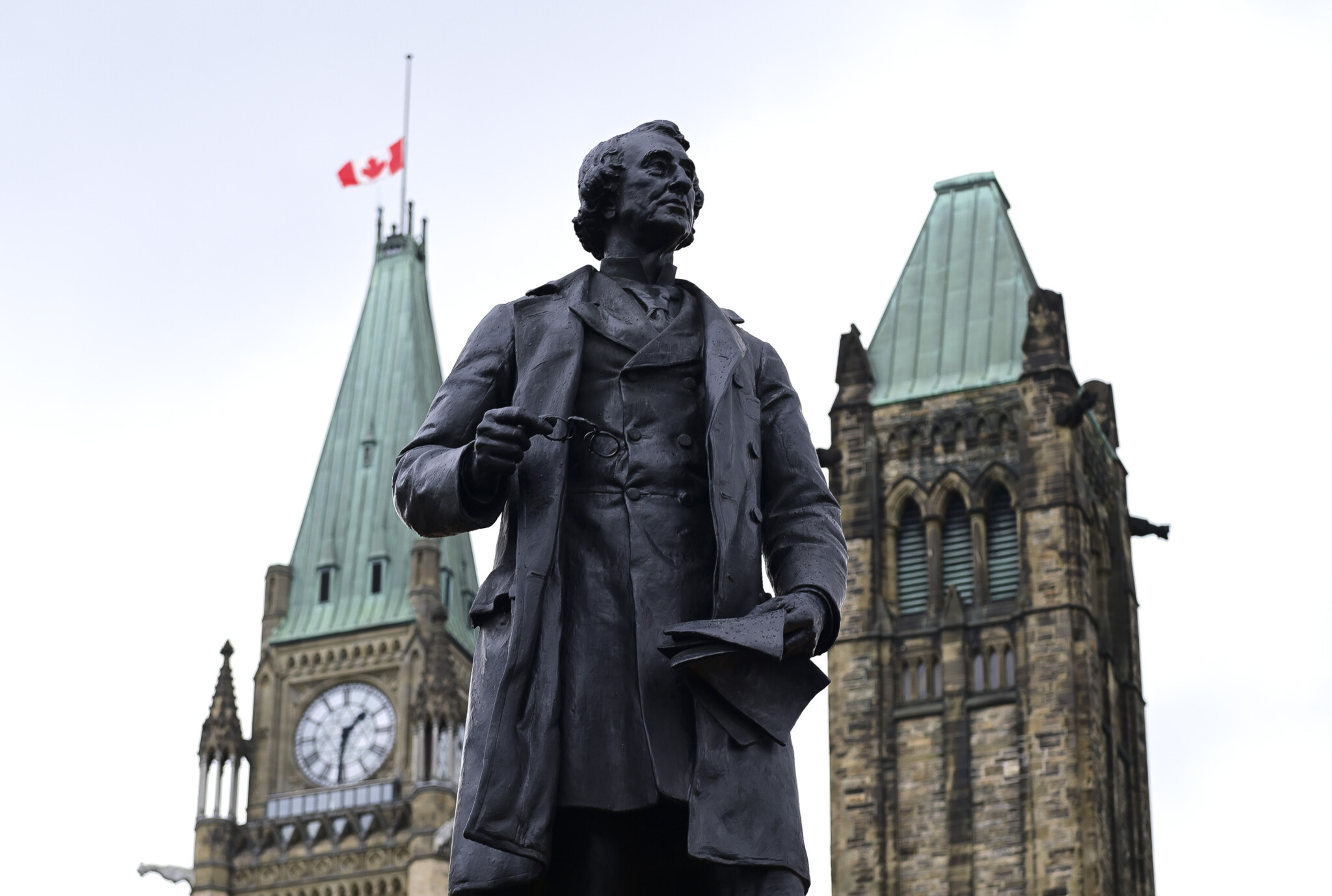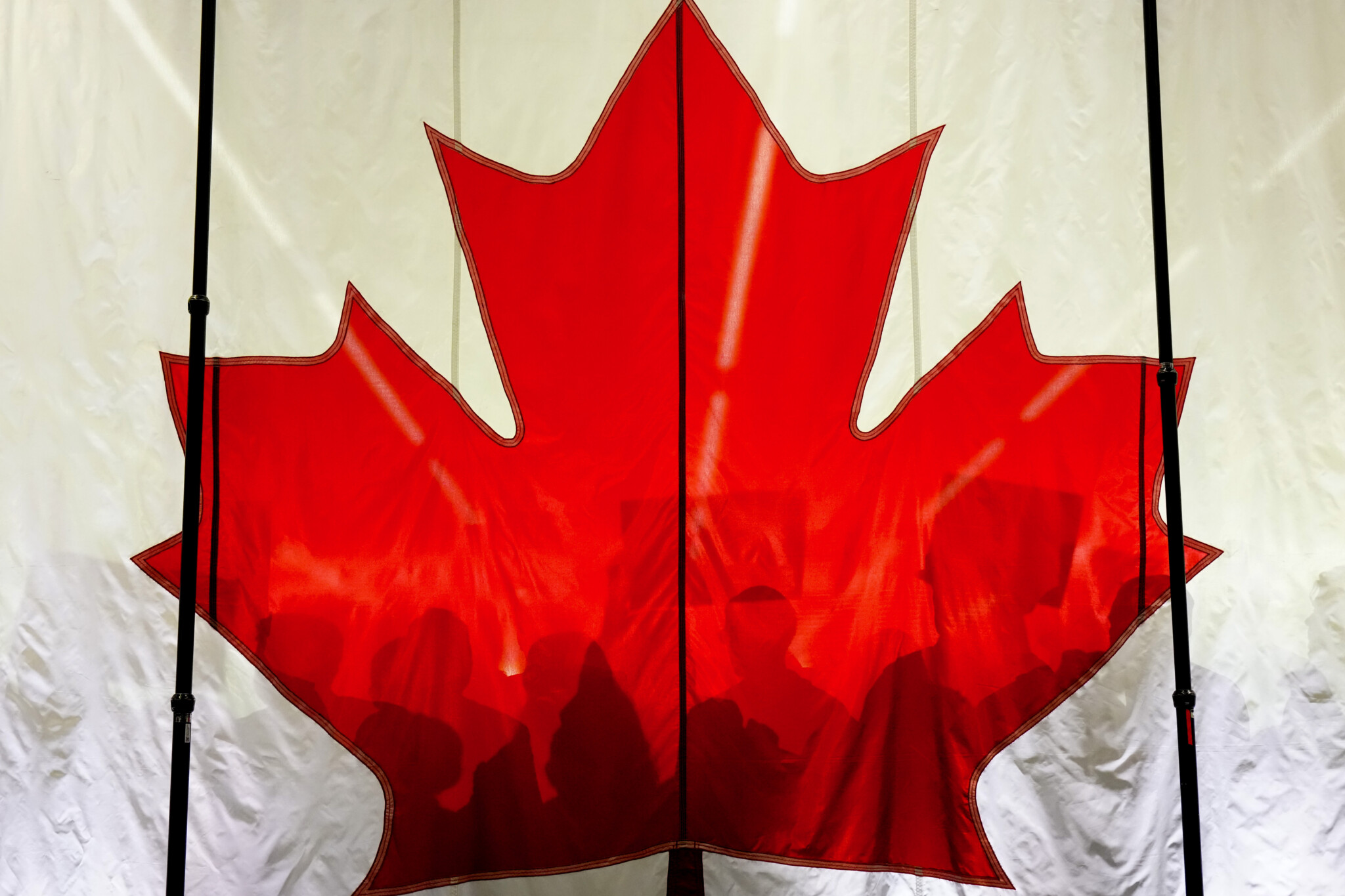Even accounting for the usual exaggeration inherent to polemical writing, Anthony Koch’s latest essay on the role of the state in “manufacturing” culture is, in my judgement, radical.
By way of background, following on recent political trends in the U.S. and elsewhere, a group of young Canadian conservatives has come to characterize themselves as the “New Right” and set out a series of arguments against, among other things, Ronald Reagan and classical liberalism and in favour of culture-war politics and a greater propensity towards statism.
While their critiques of the excesses of identity politics and other aspects of progressive governance resonate a great deal, their prescriptions—including a heavy emphasis on state-engineered cultural narratives—do not.
My own preference is to restore public institutions to their proper purpose and then have the state leave me and my family alone.
It’s safe to say that Koch disagrees with a leave-us-alone politics. His argument isn’t quite the one that one would expect, though. It isn’t that by its nature the state necessarily finds itself in a dynamic feedback loop with the culture. Instead, he’s arguing something far more fundamental.
Government, in his words, doesn’t just interact with the culture in complicated and self-reinforcing ways. His view, as I understand it, is that the state is the principal progenitor and purveyor of culture.
I disagree.
There are six main flaws with Koch’s analysis, which I address below seriatim.
1. Cultures aren’t created by the state
First and foremost, his central problem is conceptual. Koch’s case that culture—as defined by identity, belonging, moral purpose, shared meaning—is primarily a creation of the state is wrong.
Most of the world’s deepest and most enduring forms of culture, like faith traditions, family structures, moral codes, communal rituals, languages, and artistic canons, long predate the modern state and often survive it.
Jewish identity was sustained through two millennia without a state. Islamic civilization flourished across multiple empires. Chinese civilizational identity persisted through dynastic collapse. Scottish, Québécois, and Ukrainian identities survived despite (and sometimes against) state pressures.
Culture, in other words, is best understood as a pre-political inheritance upon which statecraft is built rather than a byproduct of statecraft itself.
The state can influence culture at the margins, but to assert that culture originates in the state is to adopt a totalizing theory of politics—one, it must be said, that’s far closer to progressive social engineering than conservatism.
2. His historical examples prove the opposite of his claim
Koch invokes 19th-century Italy, France, Germany, Japan, and the United States as evidence that culture is created by the state. But these cases undermine his thesis more than support it.
The Italian Risorgimento depended on suppressing regional dialects, overriding local loyalties, and constructing a mythic national lineage. Prussia unified Germany through centralized schooling, conscription, and the suppression of regional traditions. The Third Republic standardized French by forcibly marginalizing Breton, Occitan, Basque, and Alsatian. Japan modernized through a state project that required the deliberate erasure of local cultural variations and the elevation of a singular imperial myth. These are, in short, examples of coercive homogenization.
This is a key point: These projects required coercion precisely because culture isn’t created by the state. The state had to fight culture to impose a national identity.
Conservatives, of all people, should be wary of such episodes as models for what the state ought to do.
View reader comments (8)
3. His critique reflects a caricature of classical liberalism
Another major flaw is his misreading of liberalism. Koch portrays liberal society as a hollow proceduralism that leaves culture thin and empty. Without the visible hand of the state, a vacuum has opened up, and progressive ideas and impulses have filled it.
This bears little resemblance to the liberal tradition as understood by Locke, Hume, or Smith. They weren’t speculating about hypothetical individuals detached from culture. They were describing their actual society, which was marked by a rich thicket of pre-liberal institutions and norms. Liberalism emerged as a way of preserving this thick social order rather than competing with or replacing it.
In that context, civil society carried the primary responsibility for shaping character and transmitting norms. Families, congregations, and other civil society institutions formed the cultural architecture of everyday life. The liberal state was designed to respect these institutions and leave space for them to flourish.
It’s true that many of these mediating institutions have weakened in recent decades, influenced by secularization, technological change, and shifting social patterns. But those developments reflect broader transformations in modern society as much as they’re signs of shortcomings in the liberal tradition itself.
Koch reads this modern erosion as evidence that the state must now step in and fill the gap. A more grounded conservative reading reaches a different conclusion: The work ahead involves strengthening the civic and social institutions that historically carried cultural meaning.

A statue of former Canadian Prime Minister Sir John A. Macdonald is pictured on Parliament Hill in Ottawa, June 3, 2021. Sean Kilpatrick/The Canadian Press.
4. In a pluralistic democracy, state-led cultural identity would require coercion
This leads to the next point: In a country like Canada, where governments routinely win with just 35–40 percent of the vote, any attempt to impose a thick cultural vision on public institutions would be inherently unstable and inherently coercive.
Each new government would seek to “reshape” the culture in its own image. Institutions that are supposed to serve as neutral frameworks for common life would instead become even bigger battlegrounds. Public bodies would ping-pong between competing moral visions.
It’s precisely this dynamic that understandably tempts some conservatives to respond in kind, to match progressive non-neutrality with a countervailing conservative project. But that instinct is misguided. While conservatives should certainly push back against progressive overreach, they should stop short of pushing ahead to their own version of state-directed non-neutrality.
Especially because the only way to make a thick cultural project durable in a pluralistic society would be through top-down coercion: freezing political contestation, suppressing dissenting subcultures, and narrowing the space for pluralism.
That’s neither a conservative nor a liberal vision. It’s a form of state-led cultural control that conservatives have historically (and rightly) opposed when progressives advance it.
5. His argument is self-defeating: If the state is captured, why empower it?
There’s also a practical contradiction in Koch’s argument. He spends much of his essay arguing (often persuasively) that progressives have captured Canadian public institutions. He takes this capture as evidence that institutions shape culture.
But if this is true, then why would conservatives want to give those same institutions even more authority over cultural identity? If the state apparatus is already aligned against conservative values, enlarging its cultural jurisdiction only magnifies its power to advance a worldview conservatives reject.
The consistent conservative response to institutional capture is therefore not to hand the captured institutions more responsibility. It’s to pare back their cultural role. That means state retrenchment: reducing cultural grant programs, scaling back public agencies that exist primarily to transmit ideological narratives, devolving responsibilities to markets and civil society, and even opening serious discussion about privatizing or reconstituting institutions—including universities—where neutrality has plainly collapsed.
That’s a strategy that actually follows from the diagnosis. Koch’s doesn’t. His solution empowers the state machinery he believes is already misaligned.
A conservative approach that limits the state’s cultural scope, restores institutional neutrality, and focuses on revitalizing the non-state institutions that once supplied cultural meaning is coherent. A strategy that expands the cultural authority of the state is self-defeating.
6. The deepest problem: His worldview is temperamentally anti-conservative
Finally, there’s the question of temperament. Conservatism is rooted in certain dispositions, including modesty about the scope of human design, skepticism toward grand cultural projects, respect for emergent order, and a deep appreciation for the pre-political institutions that shape moral character.
Koch’s theory reflects none of these traits. It assumes political will can engineer identity. It assumes culture is something the state makes rather than something society inherits. It assumes a degree of central authority that conservatives have traditionally viewed with suspicion.
It’s, to put it bluntly, a progressive conception of the state dressed in conservative aesthetics.
At least Koch’s essay is clarifying. I thought the New Right just wanted a right-wing National Film Board. It turns out they think the state must “manufacture” culture. Conservatives should respectfully yet firmly reject this premise.
Can the state truly 'manufacture' culture, or is it primarily inherited?
If institutions are 'captured,' should conservatives empower them further?
What are the risks of state-led cultural identity in a pluralistic democracy?













Comments (8)
I can’t recall who I first heard say this. But it is particularly applicable to your fifth point. “Never wish for any power that you wouldn’t want used by your worst enemy”.